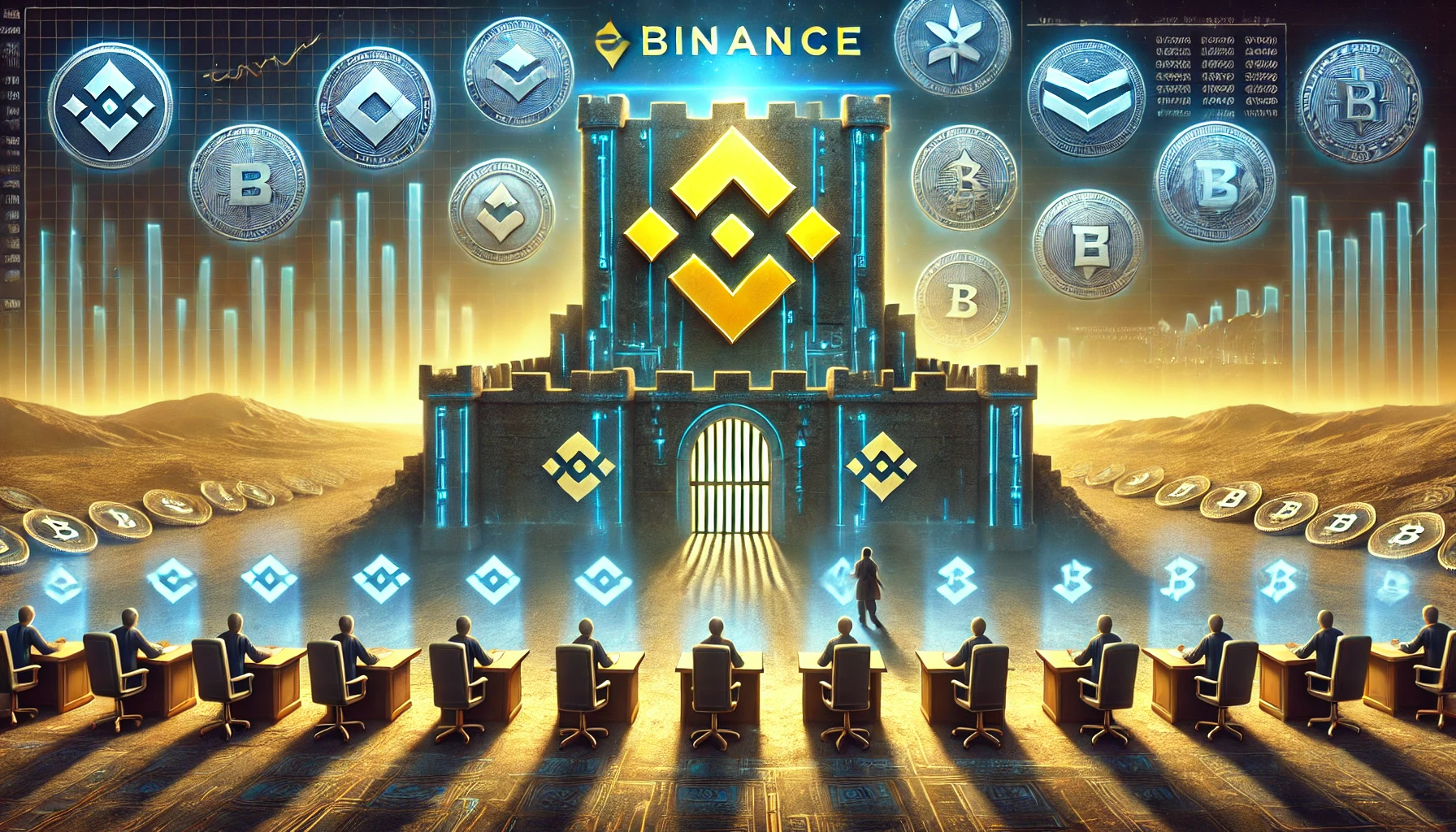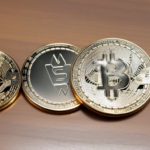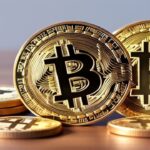The popular cryptocurrency exchange, Binance, has unveiled its decision to delist six altcoins starting from August 19, 2024. Some of the altcoins affected are PowerPool (CVP), Ellipsis (EPX), ForTube (FOR), Loom Network (LOOM), Reef (REEF), and VGX Token (VGX). This move comes after an assessment by Binance that the altcoins do not meet the exchange’s strict listing criteria.
What Criteria Does Binance Use?
Binance often takes time to analyse all the listed altcoins based on a certain set of rules that are provided. This assessment process is necessary when deciding if a certain altcoin should stay listed or be delisted from the platform. Through following this structured review process, Binance is expected to provide the best services to its users as well as align with the changes in the market. There are various reasons why Binance decides on the removal of an altcoin from its platform. Some of these are the commitment level of the team involved in the project, the quality of ongoing developments, trading volume and liquidity, network security and lastly, stability.
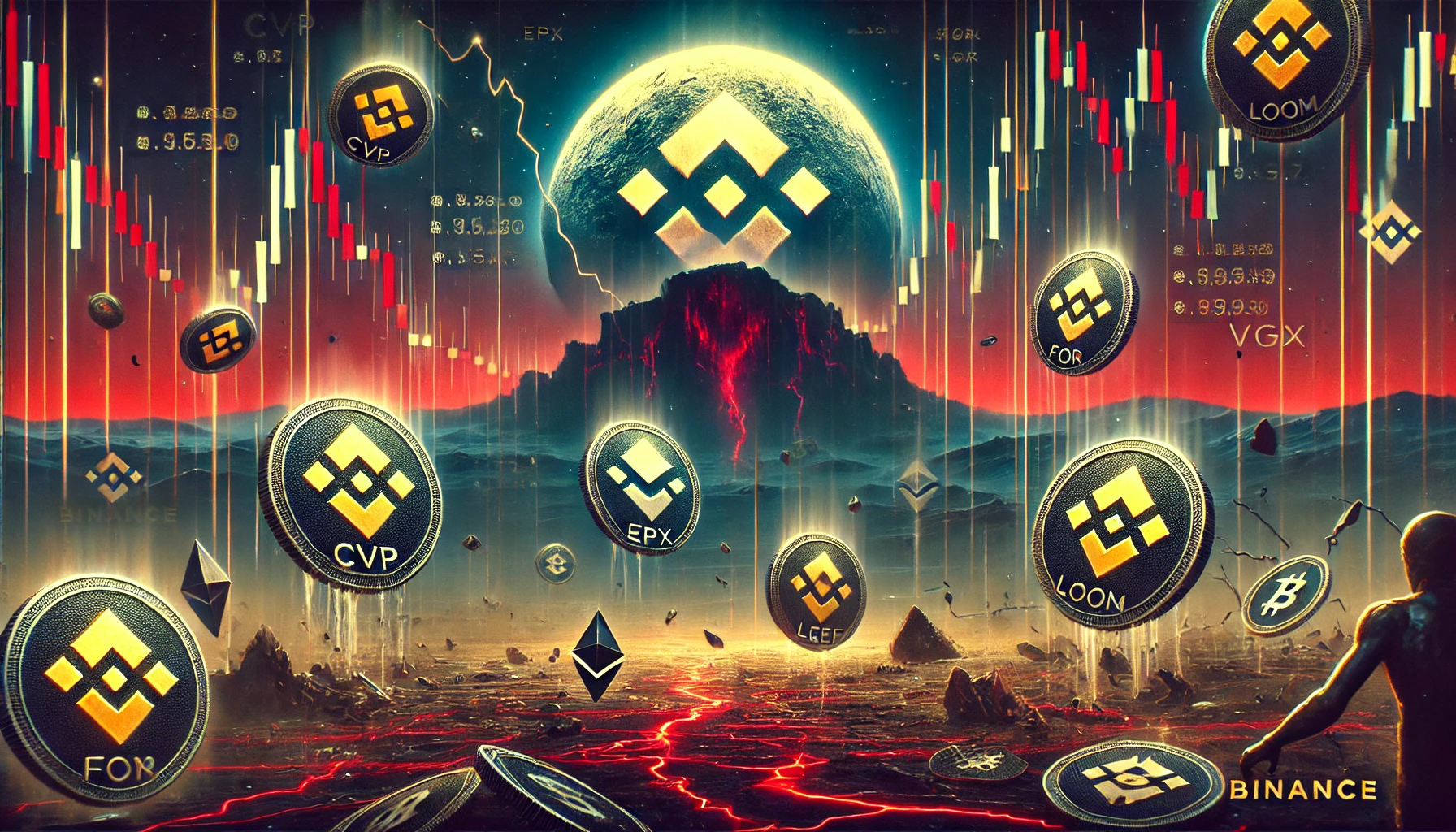
Besides these criteria, Binance also takes into account answers to the due diligence questions and any unethical and fraudulent activities associated with the projects. In addition, the new laws that may occur from time to time also have a bearing on the evaluation.
Which Altcoins Are Being Delisted?
The delisting will officially take place on August 19, 2024, and the specific altcoins that will be removed from Binance’s platform are CVP, EPX, FOR, LOOM, REEF, and VGX. Users are advised to finalise any spot trading involving these altcoins by 6:00 AM UTC on August 26, 2024. Binance’s decision to delist these altcoins followed a comprehensive review process, revealing that they did not meet the necessary criteria for continued listing.
Practical Steps for Users
For users holding these altcoins, it is vital to take immediate action. Users are encouraged to complete any spot trading involving CVP, EPX, FOR, LOOM, REEF, and VGX before the specified deadline. Additionally, it is advisable for users to withdraw any holdings of these altcoins from their Binance accounts to mitigate potential losses. Staying informed about future announcements from Binance regarding delisted altcoins will also be beneficial for users moving forward.
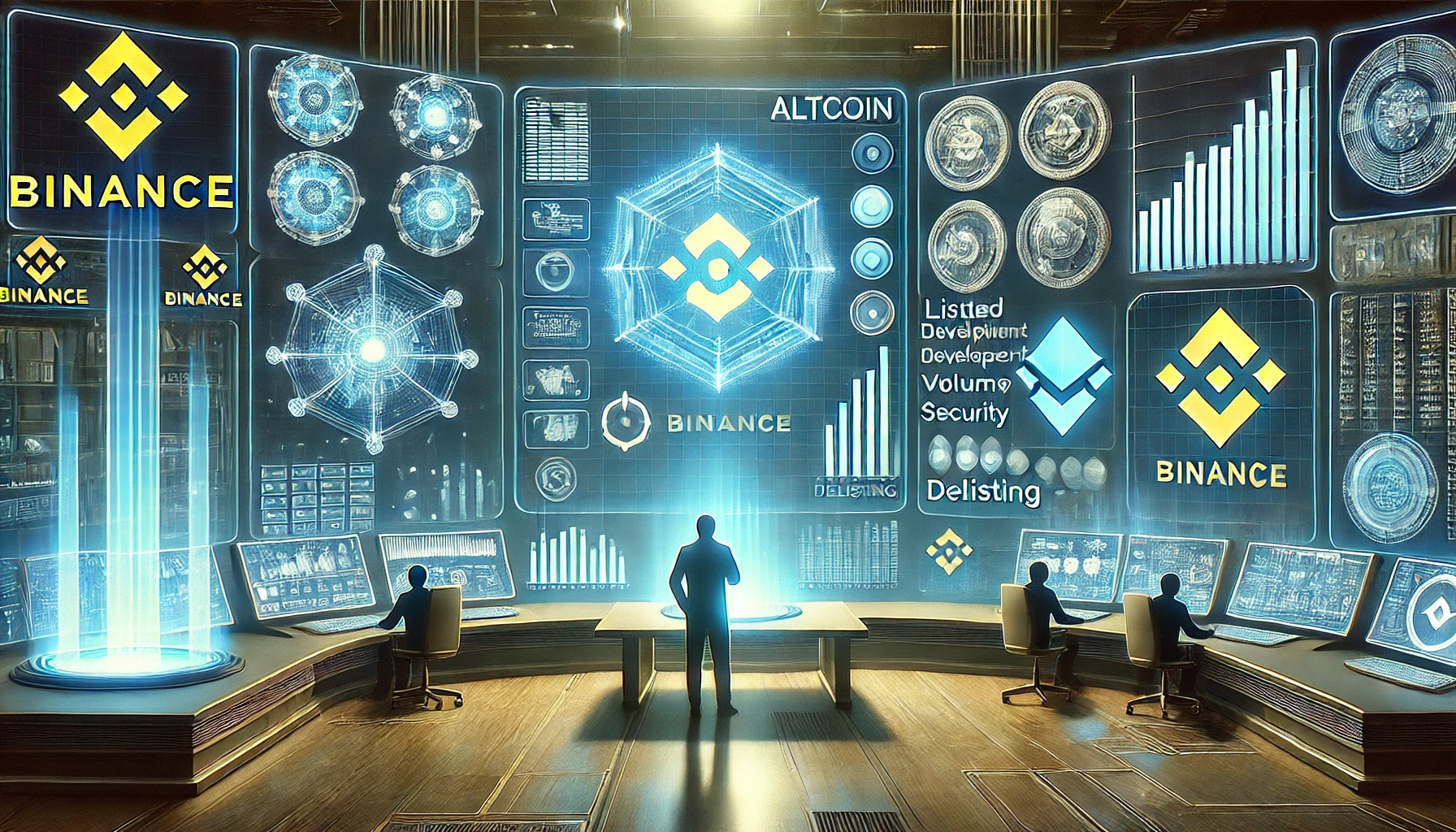
Binance has reiterated that the decision to remove these altcoins aims to protect users while maintaining the quality of the altcoins available on its platform. Users holding the affected altcoins should act promptly to minimise any risks associated with the delisting.
Venezuela Tightens Web Controls, Limiting Binance Access
Similarly, Binance faces restrictions in Venezuela as the government tightens its grip on the internet connection. On August 12 news appeared that Venezuelan President Nicolas Maduro declared a 10-day blockade to social media platform X (previously known as Twitter) in an attempt to prevent attempts to destabilise the country. Binance has noted these access challenges and is in the process of addressing them while at the same time protecting users’ funds during the disruption. It extends to Binance and affects several other Venezuelan sites after the recent presidential election that has raised fraud allegations and a lot of turbulence.
Government Tightens Internet Control
The Venezuelan authorities have implemented restrictions on access to multiple websites alongside social media platforms like X. This decision came in the wake of accusations surrounding electoral fraud during the presidential elections held on July 28. Binance users within the nation have reported difficulties accessing the platform, a situation the exchange has publicly recognised.
In a statement shared on X, Binance mentioned, “Like several company websites in different segments in Venezuela, including social media, Binance’s pages have been facing access restrictions.” The exchange emphasised its commitment to monitoring the situation closely to address access issues while ensuring the security of users’ assets.
The internet limitations are part of a broader strategy by the Venezuelan government to regulate the flow of information following the electoral turmoil. President Maduro’s announcement of a 10-day blockage on access to X is aimed at impeding what he describes as efforts to incite violence and destabilise the nation through social media.
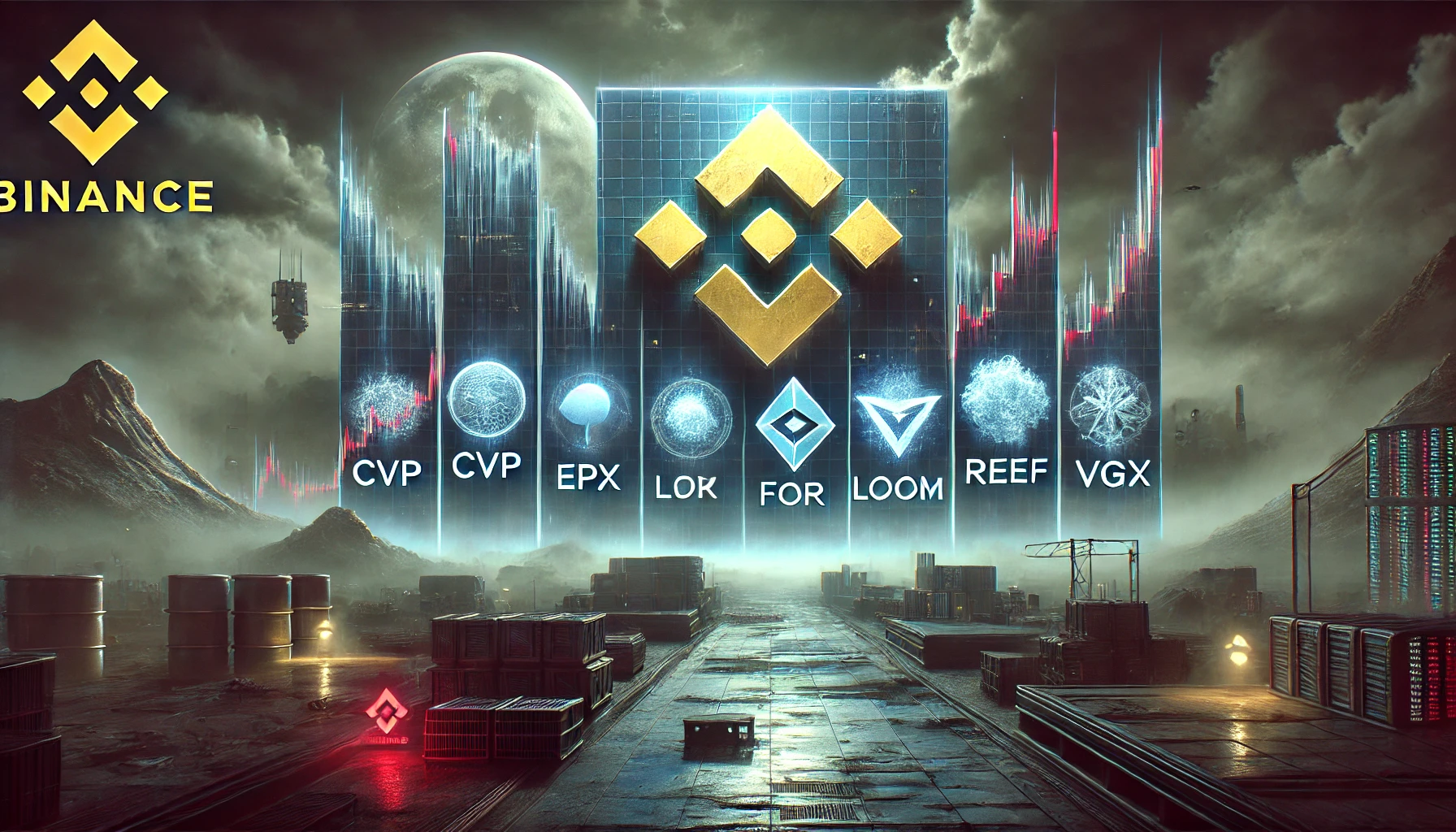
International observers have raised concerns about the implications of these measures, particularly in light of reports detailing human rights violations post-election. The United Nations has highlighted “credible information about detentions, injuries, and deaths, as well as violence perpetrated by security forces” during this ongoing crackdown.
Binance’s Response
The tightening of internet controls, including access to X and other critical online services, is perceived as an attempt to suppress dissent and control narratives within Venezuela. In response to the situation, Binance emphasised its commitment to resolving access problems while safeguarding the funds of its users. The platform’s Secure Asset Fund for Users (SAFU) initiative demonstrates its dedication to user protection, even amidst the increasingly challenging landscape in Venezuela.
As the government’s grip on internet access continues to tighten, the effectiveness with which Binance and other platforms can restore services to their Venezuelan user base remains uncertain.


